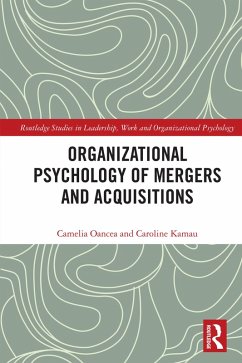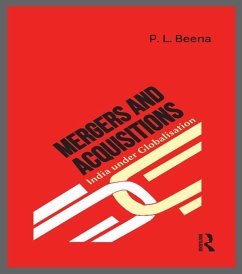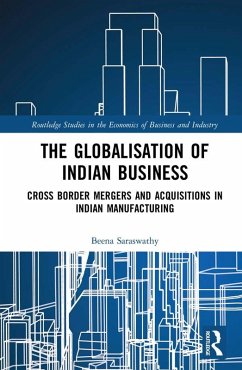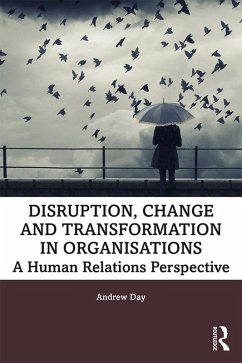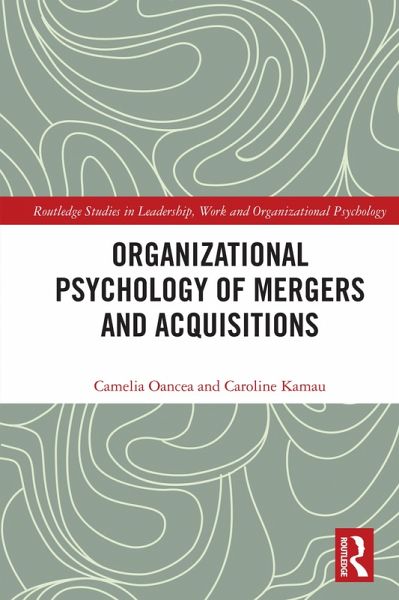
Organizational Psychology of Mergers and Acquisitions (eBook, PDF)
Examining Leadership and Employee Perspectives
Versandkostenfrei!
Sofort per Download lieferbar
41,95 €
inkl. MwSt.
Weitere Ausgaben:

PAYBACK Punkte
21 °P sammeln!
Organizational Psychology of Mergers and Acquisitions provides a comprehensive perspective that helps you understand, empathise and protect the wellbeing of employees who experience mergers and acquisitions. This book gives a state-of-the-art review that crosses different subjects within psychology including psychobiology, neuroscience, social psychology, interpersonal relationships, and organizational psychology.This book discusses why many employees think of mergers or acquisitions as scary or threatening events, why negative emotions are prevalent, their psychobiological impact and how to a...
Organizational Psychology of Mergers and Acquisitions provides a comprehensive perspective that helps you understand, empathise and protect the wellbeing of employees who experience mergers and acquisitions. This book gives a state-of-the-art review that crosses different subjects within psychology including psychobiology, neuroscience, social psychology, interpersonal relationships, and organizational psychology.
This book discusses why many employees think of mergers or acquisitions as scary or threatening events, why negative emotions are prevalent, their psychobiological impact and how to assess employees' emotional responses using a new toolkit. It helps readers learn what counts as good leadership, considering the role of charisma, personality, context and information processing abilities. This book includes the issue of organizational learning, and the relevance of occupational health and safety to due diligence about mergers and acquisitions through case studies about organizations sued for cancer or cancer-related mortality after a merger or acquisition.
This book is mandatory reading for students, academics, and practitioners working with organizations experiencing a merger or an acquisition such as consultants, human resource professionals, psychologists, occupational health professionals, and employees involved in strategy, management, or people development.
This book discusses why many employees think of mergers or acquisitions as scary or threatening events, why negative emotions are prevalent, their psychobiological impact and how to assess employees' emotional responses using a new toolkit. It helps readers learn what counts as good leadership, considering the role of charisma, personality, context and information processing abilities. This book includes the issue of organizational learning, and the relevance of occupational health and safety to due diligence about mergers and acquisitions through case studies about organizations sued for cancer or cancer-related mortality after a merger or acquisition.
This book is mandatory reading for students, academics, and practitioners working with organizations experiencing a merger or an acquisition such as consultants, human resource professionals, psychologists, occupational health professionals, and employees involved in strategy, management, or people development.
Dieser Download kann aus rechtlichen Gründen nur mit Rechnungsadresse in A, B, BG, CY, CZ, D, DK, EW, E, FIN, F, GR, HR, H, IRL, I, LT, L, LR, M, NL, PL, P, R, S, SLO, SK ausgeliefert werden.




